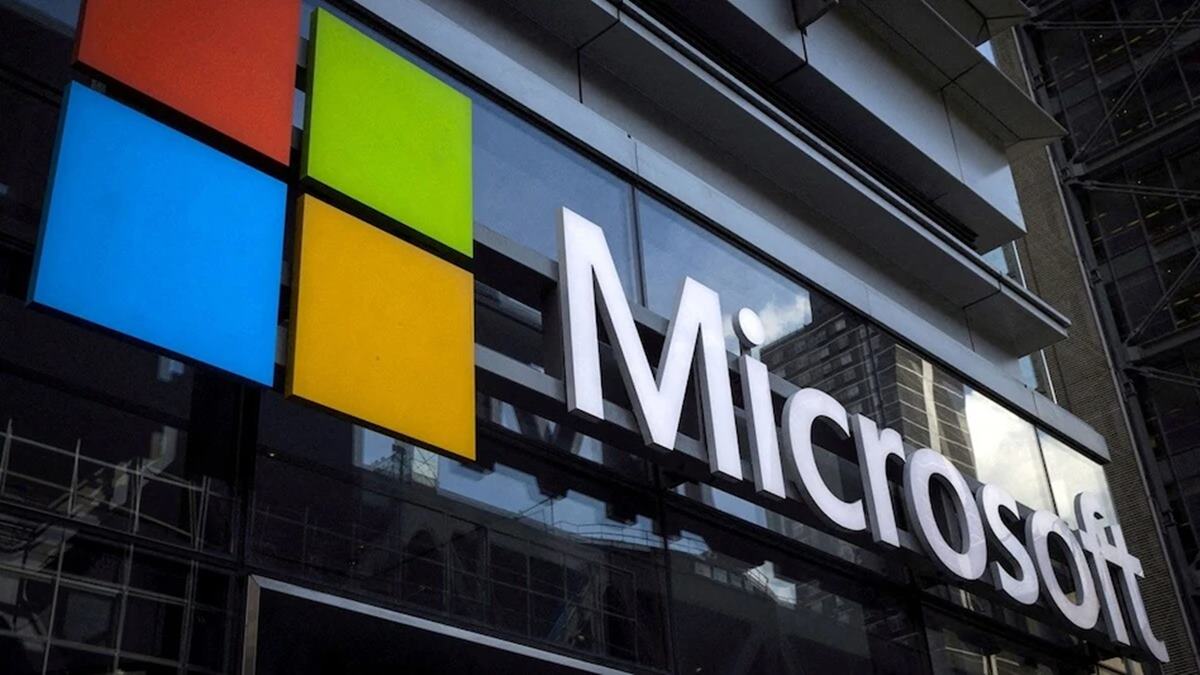Employee well-being has long been synonymous with health-focused initiatives like insurance coverage or gym memberships. However, with the traditional workplace structure undergoing a significant transformation in the past decade, employee well-being programs and frameworks are also evolving to recognise the true meaning of wellness. The growing mental health crisis worldwide, posed by a rapidly changing life and work environment, has certainly fed into this transformation. Additionally, behind this change is also the growing realisation that a healthy workforce is likely to be more productive, engaged and committed, leading to sustainable growth. As a result, mental health, emotional wellness and resilience have taken centre stage in many new-age employee wellness initiatives.
The rising tide: Industry trends and the importance of holistic well-being
The global conversation surrounding mental health has also become an integral part of the Philippine business landscape. Studies indicate a growing prevalence of mental health concerns, with the World Health Organization (WHO) reporting that mental health conditions account for a significant portion of the global burden of disease. In the Philippines specifically, while precise figures can vary, surveys and reports have shown a rise in reported cases of anxiety and depression, compounded by factors like economic pressures and the impact of the COVID-19 pandemic, highlighting the urgent need for support. This need has been identified by Filipino employers, who have responded with a variety of multi-dimensional well-being programs with a specific focus on mental wellness. Here are just a few ways in which this transformation is unfolding:
Expanding EAP support
One of the most significant changes in the Philippine workplace has been the growing implementation of ambitious and comprehensive Employee Assistance Programs (EAPs). Increasingly, these programs include services that provide confidential counselling, support for personal issues and guidance on mental health challenges such as stress and burnout. Many organisations now view EAPs not as an added benefit but as an essential tool to help employees navigate the challenges of modern life. For example, Globe Telecom, one of the country’s largest telecommunications providers, has incorporated an extensive programme into its well-being strategy. With an emphasis on work-life balance and resilience, the company aims to foster a more supportive environment for its employees
Similarly, Accenture Philippines, a global management consulting and technology services firm, has ramped up its mental health initiatives in recent years. Their initiatives include virtual counselling services, workshops, and resources on stress management and resilience-building. Corporations like Shell Pilipinas are also implementing mental well-being programmes, with benefits like access to professional counselling to help employees navigate stresses.
Enhancing flexibility and support for work-life balance
Similar to many other Asian nations, the traditional work culture and environment in the Philippines have been rather demanding. However, this approach is being questioned in favour of a more empathetic, holistic model of employee engagement and productivity. The pandemic has radically reshaped how businesses approach employee well-being, and as employees work remotely, the boundaries between work and personal life have blurred, leading to an increase in burnout and mental health struggles. It should then come as no surprise that seven out of 10 Filipino employees place stability and work-life balance at the forefront when choosing where to work, in a recent survey.
Filipino employers, such as Nestlé Philippines, have adjusted to this new normal by offering greater flexibility in work hours and hybrid work setups. In addition, companies are now encouraging employees to take mental health days. DHL Express Philippines, for instance, allows employees to take days off specifically for mental health. These initiatives reflect the growing understanding that mental health is just as important as physical health and should be treated with the same level of care.
Making long-term investments in building resilience
The tech industry is at the forefront of this shift, and besides creating innovative solutions, IT companies are committing to psychological safety in an industry that typically operates under high stress and strict deadlines. This is taking place through investment in licensed mental health professionals, clinical skills training and seamless wellness technologies. This focus on psychological safety, where employees feel secure and supported, is a crucial element in fostering a positive work environment.
Another critical approach in this direction has been to train middle and senior managers to recognise and respond to signs of mental distress. This involves equipping them with the skills to have sensitive conversations and provide appropriate support. Creating a culture of open communication, where employees feel comfortable discussing their concerns, is equally vital. Some companies have also implemented peer support programs, enabling employees to connect with colleagues who have shared experiences.
Going beyond incremental initiatives: Creating a culture of wellness
In adopting a long-term approach to building organisational wellness, many organisations are embedding well-being programs in their company’s DNA. The first step in this direction has been breaking down the stigma around mental health and creating avenues for employees to seek support. At Unilever, for example, culturally relevant programs are starting conversations about mental health to sensitise talking about such issues. On the other hand, D&V Philippines has a dedicated wellness team responsible for developing and implementing policies and programs focused on mental health awareness and care. Similarly, San Miguel Corporation, one of the largest and most diversified conglomerates in the Philippines, has likewise invested in mental wellness through Aruga, a mental health programme. This cultural shift within the industry towards a more empathetic, people-first environment encourages employees to prioritise their well-being and seek support when needed.
It’s important to note that this change towards prioritising employee mental well-being is not merely a passing trend; it represents a fundamental pivot in how Filipino employers view their workforce. Employers are realising that the benefits extend beyond improved employee morale and reduced absenteeism. Furthermore, a positive work environment can enhance employee retention, reducing costs associated with recruitment and training. As the Philippines’ business landscape continues to evolve, the emphasis on employee mental health will undoubtedly become an increasingly integral part of the modern workplace.




















